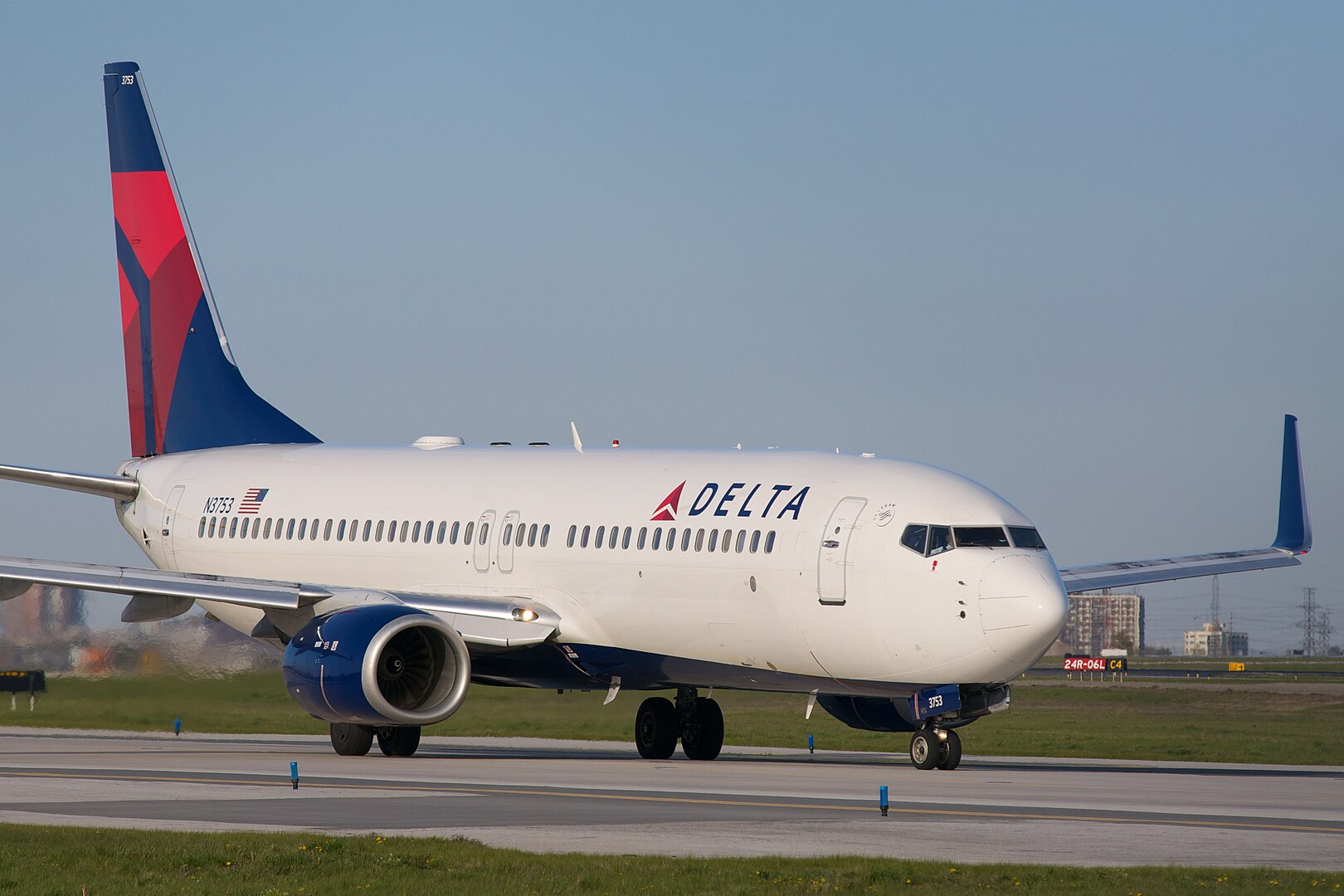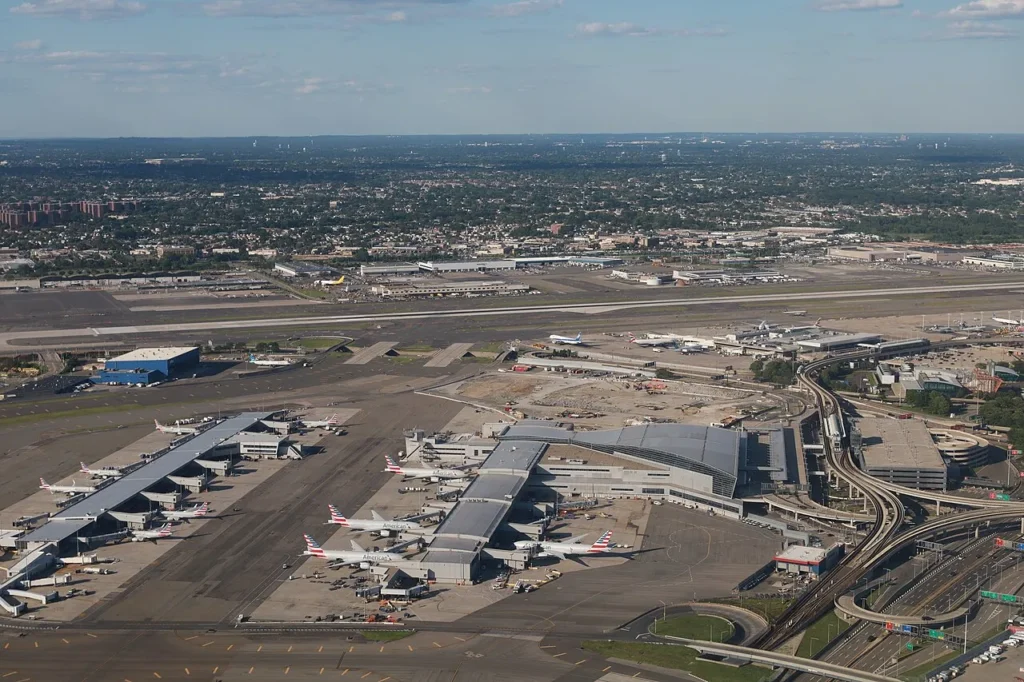 According to flight communications and passenger reports, the crew declared an emergency moments after takeoff, citing a concerning noise near the nose gear during rotation. The incident prompted swift action from air traffic control and emergency response teams on the ground.
According to flight communications and passenger reports, the crew declared an emergency moments after takeoff, citing a concerning noise near the nose gear during rotation. The incident prompted swift action from air traffic control and emergency response teams on the ground.
However, as the aircraft lifted off the runway, the flight crew reported hearing a “really, really loud bang” from the front section of the aircraft, suspected to be near the nose landing gear.
Recognising the potential risk, the pilots immediately contacted departure control, declared an emergency, and requested a diversion to nearby JFK Airport (JFK) pop up The aircraft levelled off at 4,000 feetand began its approach to JFK within minutes.
Upon touchdown, the pilots noted that the rollout was “really shaky,” possibly indicating an issue with the nose gear assembly.
After landing, the aircraft exited the runway and came to a stop on Taxiway Z. Emergency crews were on the scene quickly and monitored the aircraft as itremained stationary for around 20 minutes. The plane was eventually towed to the terminal, trailed by emergency vehicles as a precaution.
Though no injuries were reported, the original aircraft was grounded for inspection, remaining at JFK over 22 hours after landing
Delta dispatched a replacement Boeing 737-800 (registration N390DA) to complete the flight to Miami, with passengers arriving approximately 7 hours behind schedule.
While the exact cause of the loud bang has yet to be determined, early reports suggest it may have involved the nose wheel or related landing gear components. The FAA has been notified and is expected to lead an investigation into the mechanical issue.
Aircraft incidents during rotation—the critical phase of takeoff—are taken seriously due to the potential for compromised structural or mechanical integrity. Maintenance crews will conduct a detailed inspection before the aircraft returns to service.

